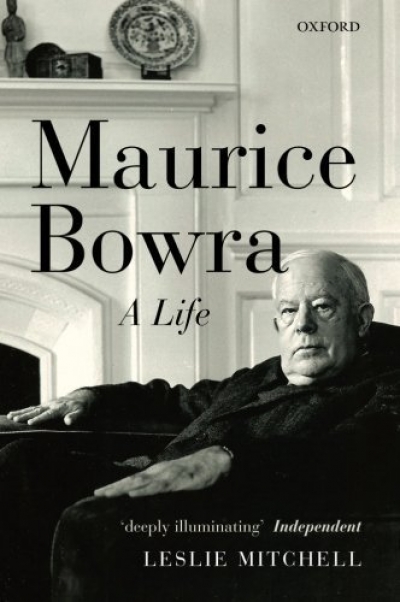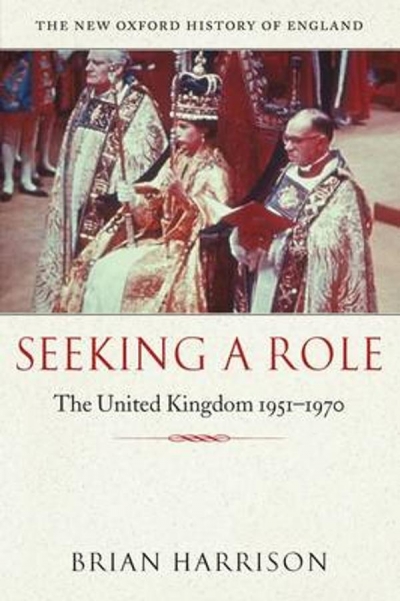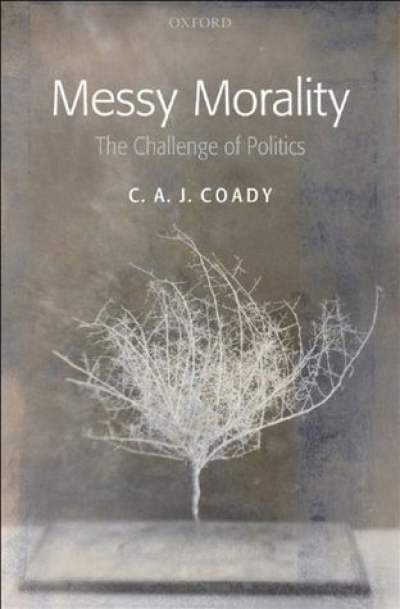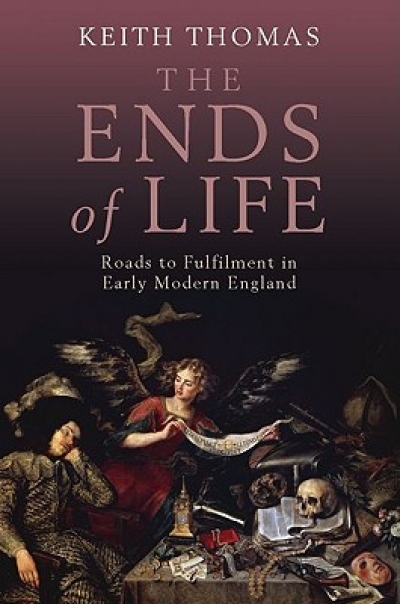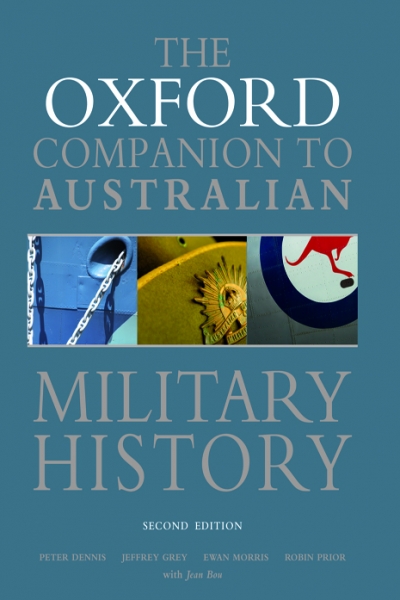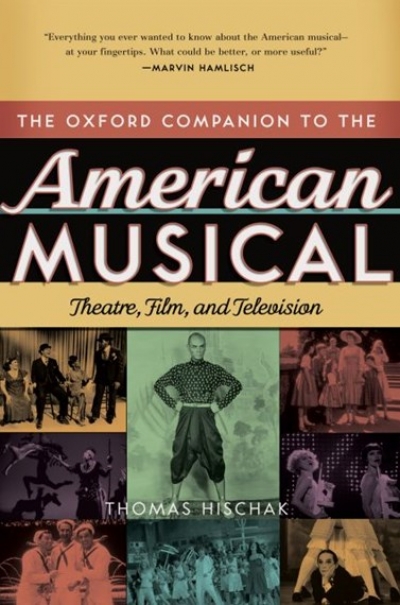Oxford University Press
Seeking A Role: The United Kingdom 1951–1970 by Brian Harrison
The Ends Of Life: Roads To Fulfilment In Early Modern England by Keith Thomas
William Blackstone: Law and Letters in The Eighteenth-Century by Michael Kirby
Echo Chamber by Kathleen Hall Jamieson and Joseph N. Cappella & Why Democracies Need an Unlovable Press by Michael Schudson
The Oxford Companion to Australian Military History (Second Edition) edited by Peter Dennis et al.
On 17 July 1990, President George Bush Snr declared the 1990s as the ‘Decade of the Brain’, with the primary aim ‘to enhance public awareness of the benefits to be derived from brain research’. These benefits included better understanding of conditions such as Alzheimer’s disease, stroke and psychiatric disorders. In addition, remarkable advances occurred in functional brain imaging. This still-evolving technology reveals which parts of the brain are active while people carry out tasks of varying complexity, ranging from the manipulation of objects or the processing of sensory information, through to the analysis of problem solving, the voluntary control of emotional responses, or the reconstruction of imaginary events. Faced with a wealth of new experimental data, disciplines such as linguistics and philosophy can no longer develop theoretical models that treat the brain as a black box within which structure and function do not matter.
... (read more)

